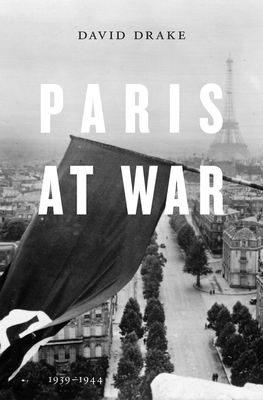Expedite your nonfiction book discovery process with Readara interviews, summaries and recommendations, Broaden your knowledge and gain insights from leading experts and scholars
In-depth, hour-long interviews with notable nonfiction authors, Gain new perspectives and ideas from the writer’s expertise and research, Valuable resource for readers and researchers
Optimize your book discovery process, Four-to eight-page summaries prepared by subject matter experts, Quickly review the book’s central messages and range of content
Books are handpicked covering a wide range of important categories and topics, Selected authors are subject experts, field professionals, or distinguished academics
Our editorial team includes books offering insights, unique views and researched-narratives in categories, Trade shows and book fairs, Book signings and in person author talks,Webinars and online events
Connect with editors and designers,Discover PR & marketing services providers, Source printers and related service providers

Paris at War: 1939-1944
History > Military - World War II
- Belknap Press
- Hardcover
- 9780674504813
- 9.4 X 6.4 X 1.7 inches
- 2.35 pounds
- History > Military - World War II
- (Single Author) Asian American
- English
Readara.com
Book Description
Paris at War chronicles the lives of ordinary Parisians during World War II, from September 1939 when France went to war with Nazi Germany to liberation in August 1944. Readers will relive the fearful exodus from the city as the German army neared the capital, the relief and disgust felt when the armistice was signed, and the hardships and deprivations under Occupation. David Drake contrasts the plight of working-class Parisians with the comparative comfort of the rich, exposes the activities of collaborationists, and traces the growth of the Resistance from producing leaflets to gunning down German soldiers. He details the intrigues and brutality of the occupying forces, and life in the notorious transit camp at nearby Drancy, along with three other less well known Jewish work camps within the city.
The book gains its vitality from the diaries and reminiscences of people who endured these tumultuous years. Drake's cast of characters comes from all walks of life and represents a diversity of political views and social attitudes. We hear from a retired schoolteacher, a celebrated economist, a Catholic teenager who wears a yellow star in solidarity with Parisian Jews, as well as Resistance fighters, collaborators, and many other witnesses.
Drake enriches his account with details from police records, newspapers, radio broadcasts, and newsreels. From his chronology emerge the broad rhythms and shifting moods of the city. Above all, he explores the contingent lives of the people of Paris, who, unlike us, co-uld not know how the story would end.
Author Bio
David Drake was Head of French and Head of Modern Languages at Middlesex University before teaching at the Institut d’Études Européennes (IEE) at Université Paris 8 until he retired. He has published extensively on French intellectuals and politics and has gained an international reputation as a Sartre scholar.
He was President of the UK Sartre Society, co-edited Sartre Studies International for many years, and has accepted invitations to lecture on Sartre in Britain, France, Ireland, North America, and China. In 2005 his contribution to the promotion of French culture was recognized by the French government when he was made a Chevalier dans l’ordre des palmes académiques.
Source: Harvard University Press
Videos
No Videos
Community reviews
No Community reviews

